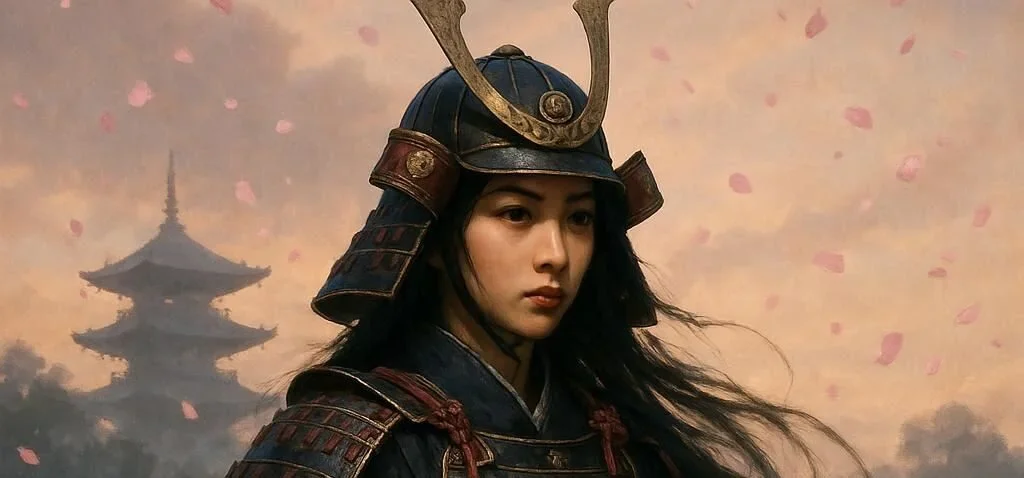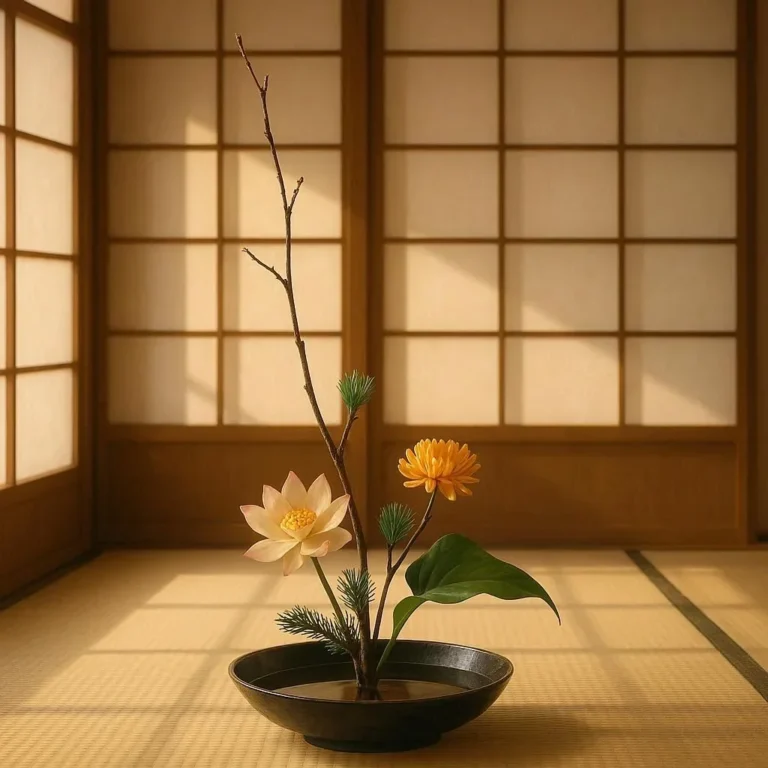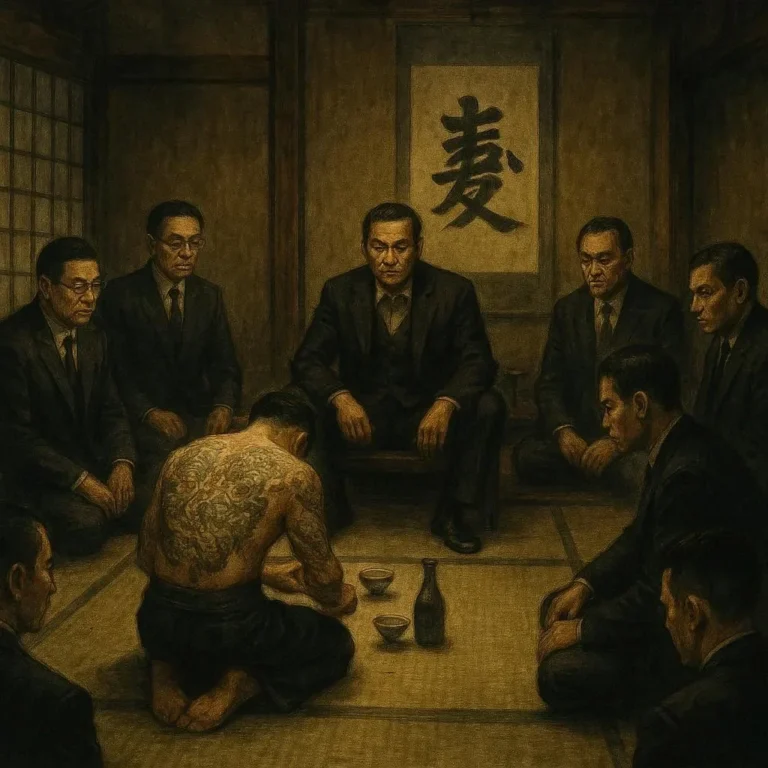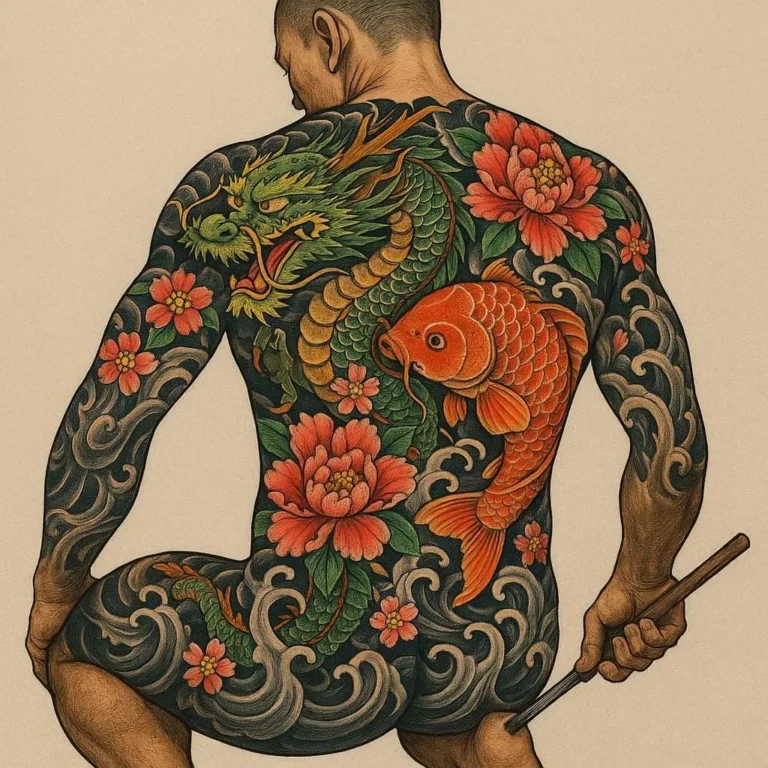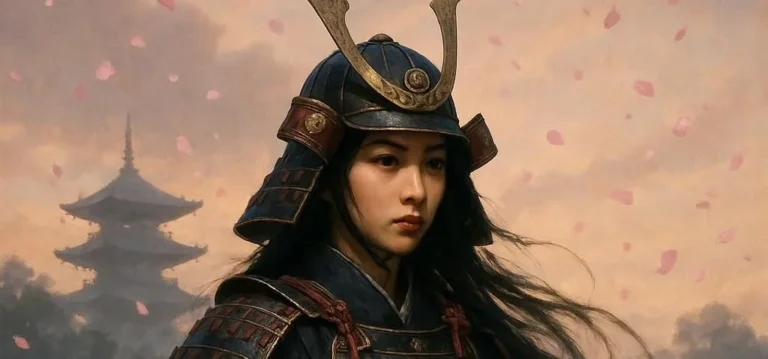506 views Unveiling the Legacy of Japan’s Samurai Warriors
Japan’s samurai warriors are one of the most iconic and revered groups in history, leaving behind a legacy that continues to captivate the world. These fierce warriors, with their unwavering loyalty, discipline, and honor, played a pivotal role in shaping Japan’s history, culture, and identity. From their humble beginnings to their rise as powerful military leaders, the story of the samurai is one of valor, tradition, and transformation.
In this blog post, we will delve into the fascinating history of Japan’s samurai warriors, exploring their origins, their code of honor, their role in shaping Japanese society, and their enduring impact on modern culture. By understanding the legacy of the samurai, we can gain a deeper appreciation for the values they upheld and how they continue to influence the world today.
The Origins of the Samurai
The samurai class emerged in Japan during the Heian period (794-1185 CE), initially serving as guards for the Imperial Court and noble families. The term “samurai,” derived from the Japanese word “samurai,” meaning “those who serve,” reflects their original role as attendants and guards. Over time, however, their role expanded to include military leadership and governance, and they became the dominant force in Japanese society.
The rise of the samurai class was closely tied to the decline of the Imperial Court’s power and the increasing influence of the warrior class. By the late Heian period, powerful warrior clans, such as the Taira and Minamoto, had gained significant political and military power. The Genpei War (1180-1185) marked the culmination of this shift, with the Minamoto clan emerging victorious and establishing the Kamakura Shogunate, the first warrior-led government in Japanese history.
The Code of Bushido: The Way of the Warrior
The samurai were not just skilled warriors; they were also adherents to a strict code of conduct known as Bushido, or “the way of the warrior.” Bushido was a set of principles that emphasized courage, loyalty, veracity, and self-discipline. It was influenced by Confucianism, Shintoism, and Zen Buddhism, and it served as the moral and ethical foundation for the samurai class.
Bushido required samurai to be fearless in battle, loyal to their lord and family, and truthful in their dealings with others. It also emphasized the importance of self-control, respect, and compassion. The code was not just a set of rules but a way of life that guided every aspect of a samurai’s behavior, both on and off the battlefield.
The principles of Bushido were taught from a young age, and they were reinforced through rigorous training and education. Samurai were expected to be well-rounded individuals, skilled not only in martial arts but also in literature, poetry, and philosophy. This combination of martial and cultural pursuits was central to the samurai ideal, and it contributed to the development of a sophisticated warrior culture.
The Historical Role of the Samurai
The samurai played a central role in Japanese history, serving as both military leaders and administrators. During the Kamakura period (1185-1333), the samurai class consolidated its power and established a feudal system in which the shogun, or military dictator, ruled the country. The samurai were the backbone of this system, providing military service and administrative support to their lords.
During the Sengoku period (1467-1603), a time of continuous warfare and political upheaval, the samurai class reached the height of its power. This was an era of great social change, as the traditional feudal system was challenged by the rise of powerful daimyo (feudal lords) and the introduction of firearms. The Sengoku period also saw the rise of famous samurai leaders, such as Oda Nobunaga and Toyotomi Hideyoshi, who played key roles in unifying Japan.
The Tokugawa Shogunate (1603-1868) marked the final period of samurai dominance. During this time, the samurai class was granted a privileged position in society, and the Tokugawa government enforced a rigid social hierarchy with the samurai at the top. However, the Tokugawa period also saw the decline of the samurai class, as the introduction of Western firearms and the modernization of the military made traditional samurai skills less relevant.
The Cultural Impact of the Samurai
The samurai had a profound impact on Japanese culture, shaping everything from art and literature to philosophy and social customs. Their influence can be seen in the traditional Japanese arts, such as calligraphy, tea ceremony, and martial arts, which were all influenced by the samurai’s emphasis on discipline and aesthetics.
Samurai literature, particularly the works of famous samurai poets and writers, provides valuable insights into the samurai mindset and way of life. The most famous work of samurai literature is “The Book of Five Rings,” written by Miyamoto Musashi, one of Japan’s most legendary swordsmen. This text, which explores the principles of strategy and philosophy, continues to be studied and admired around the world.
The samurai also played a significant role in the development of Japanese theater, particularly in the Noh and Kabuki traditions. Many Noh and Kabuki plays are based on samurai stories, and they often explore themes of honor, loyalty, and sacrifice. These plays not only entertained audiences but also served as a way to preserve samurai values and traditions.
The Legacy of the Samurai in Modern Times
Although the samurai class was formally abolished in the late 19th century, their legacy continues to be felt in modern Japan and around the world. The samurai’s emphasis on discipline, loyalty, and self-control has influenced modern Japanese business practices, education, and social norms. Many Japanese companies, for example, place a strong emphasis on loyalty and teamwork, values that were central to the samurai code.
The samurai have also had a lasting impact on global culture, inspiring countless books, films, and other forms of media. From classic Japanese films like “Seven Samurai” to modern video games and anime, the samurai remains a popular and enduring figure in popular culture. Their story continues to captivate audiences, offering insights into a way of life that values honor, courage, and self-discipline.
Conclusion
The legacy of Japan’s samurai warriors is a rich and complex one, reflecting the values and traditions of a bygone era. Their story is one of courage, loyalty, and discipline, and it continues to inspire people around the world. By understanding the history and cultural significance of the samurai, we can gain a deeper appreciation for the values they upheld and how they continue to influence modern society.
As we reflect on the legacy of the samurai, we are reminded of the importance of honor, loyalty, and self-discipline in our own lives. The samurai’s way of life may be rooted in the past, but their principles remain timeless, offering guidance and inspiration for future generations.
In the words of Miyamoto Musashi, “Do nothing that is of no use.” The samurai’s commitment to purpose and excellence is a lesson that continues to resonate today, reminding us of the importance of living a meaningful and disciplined life.

